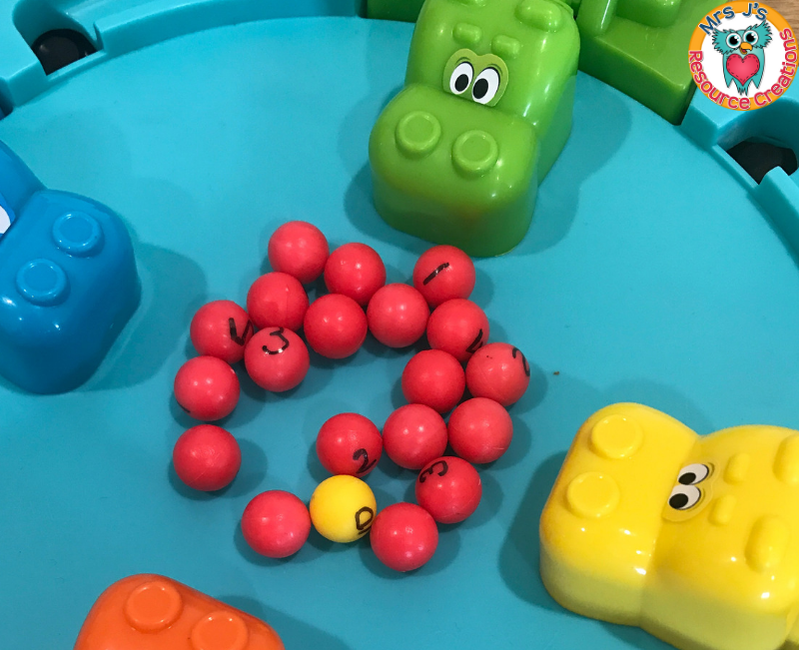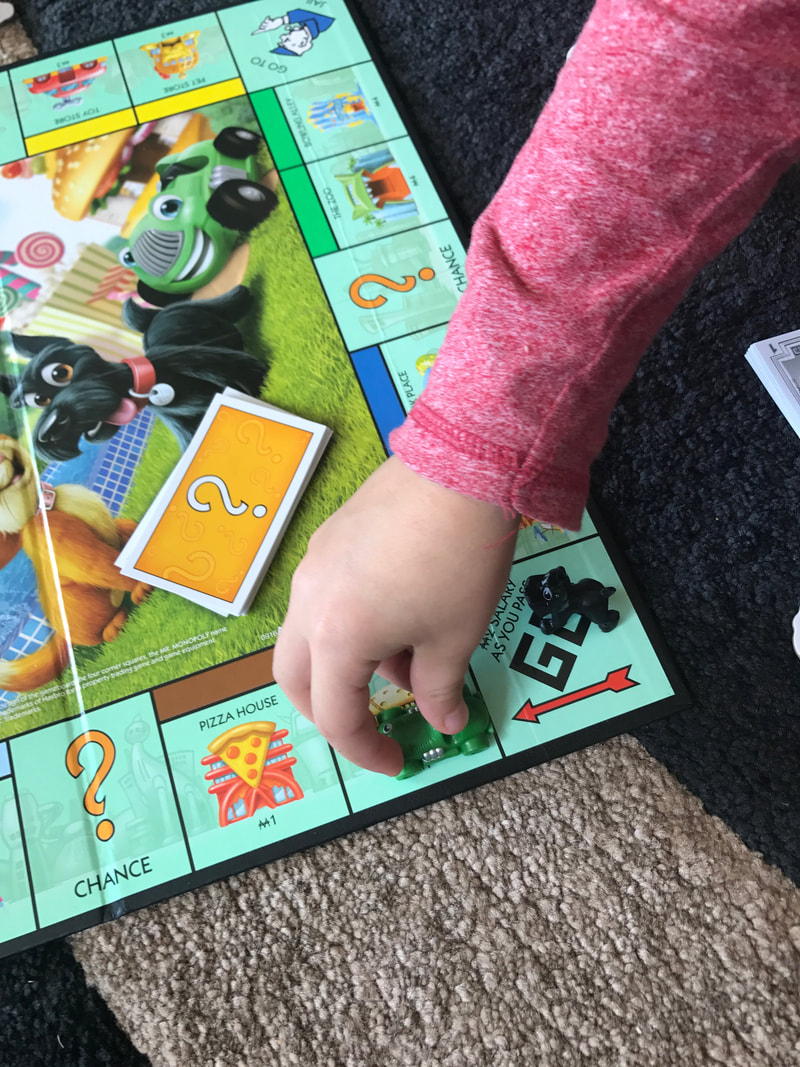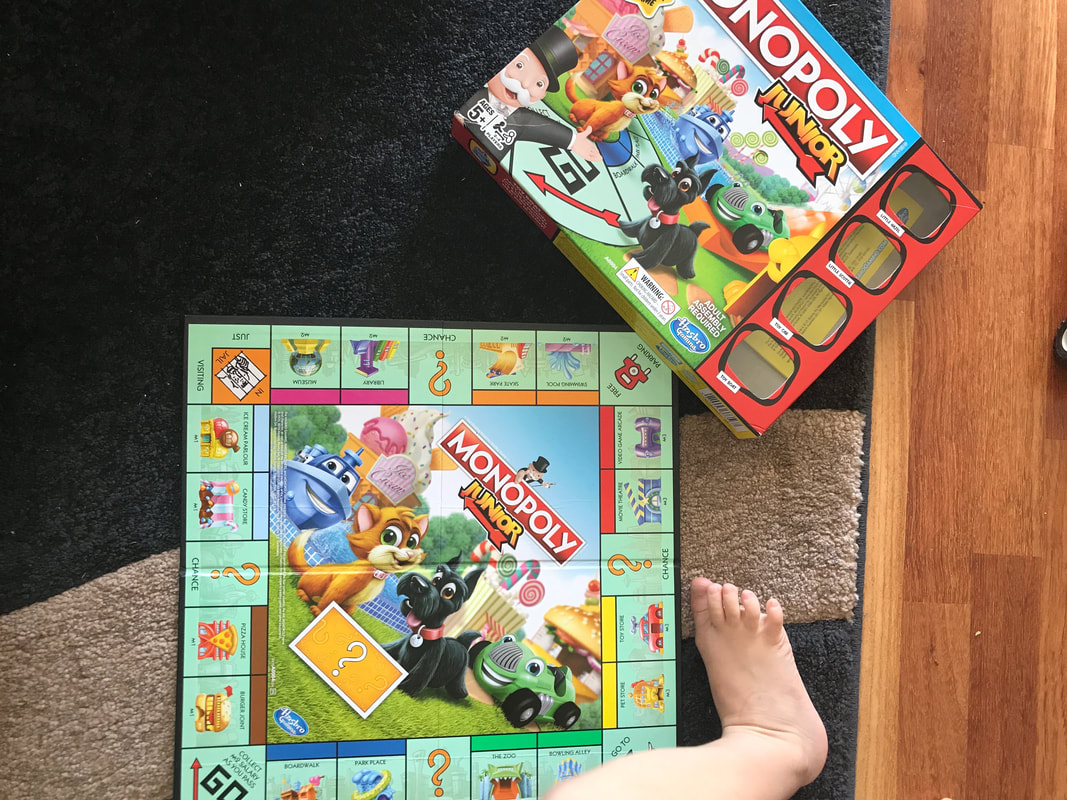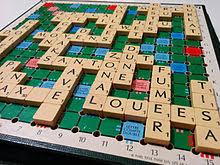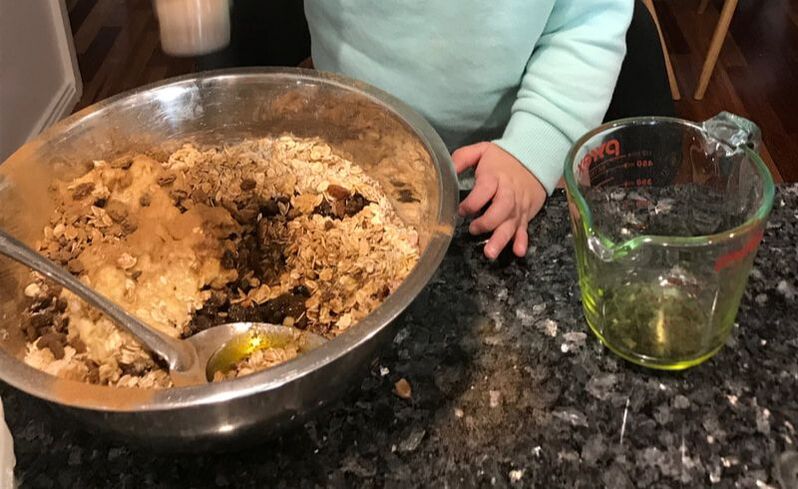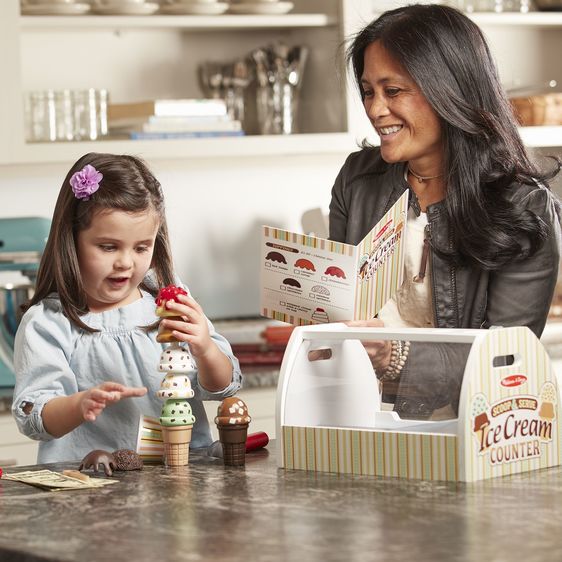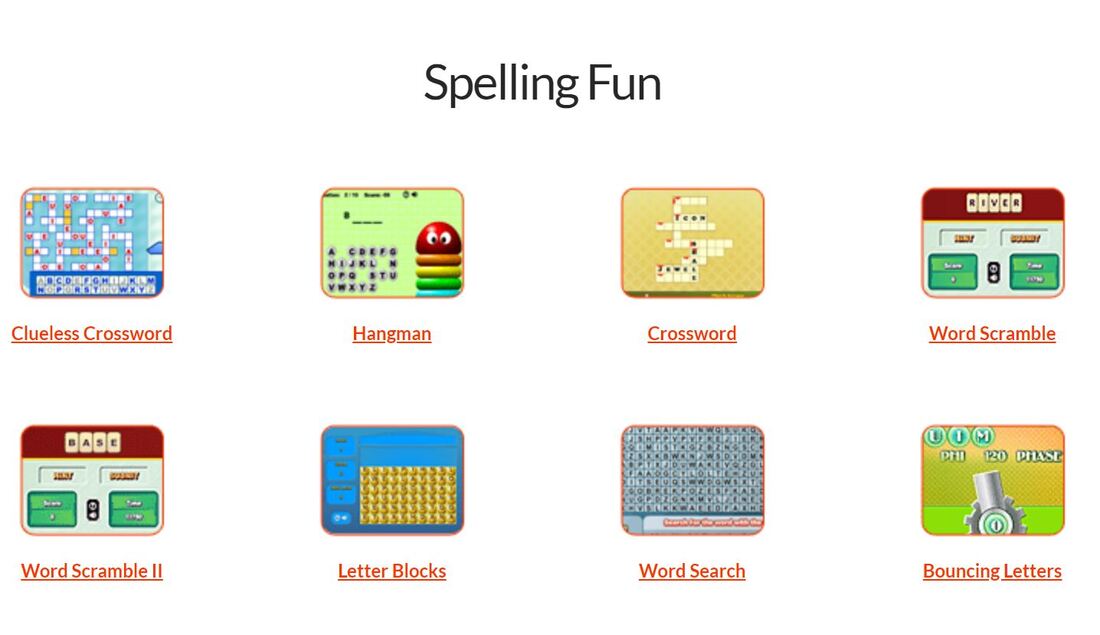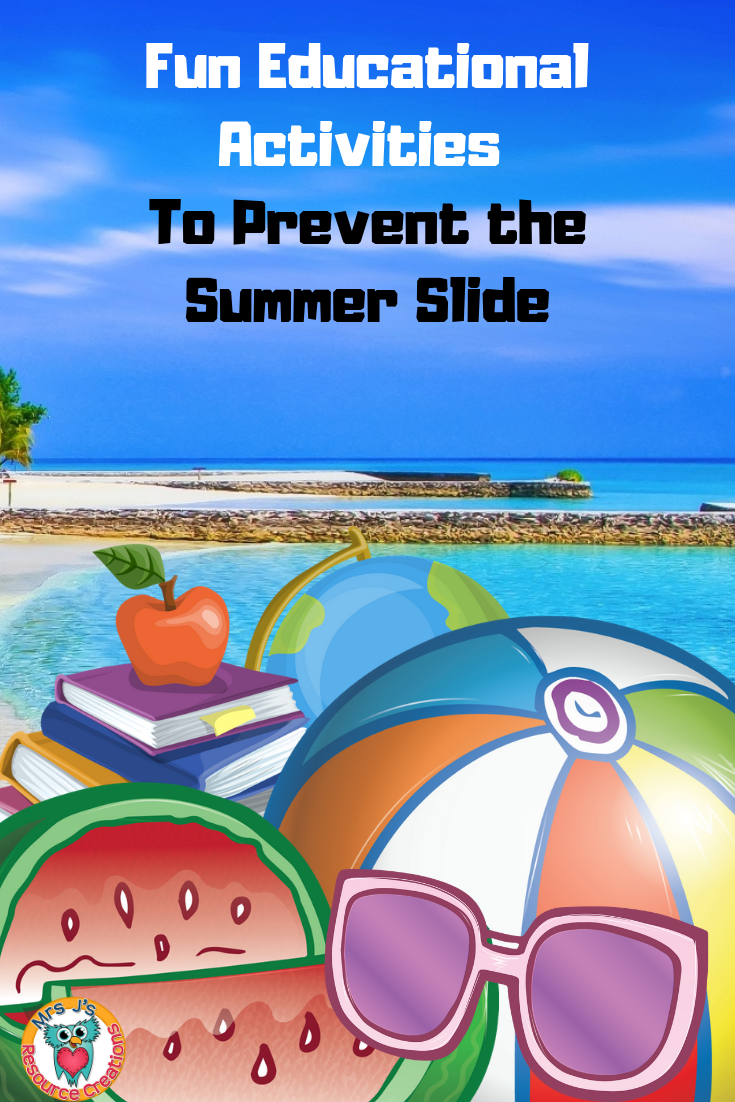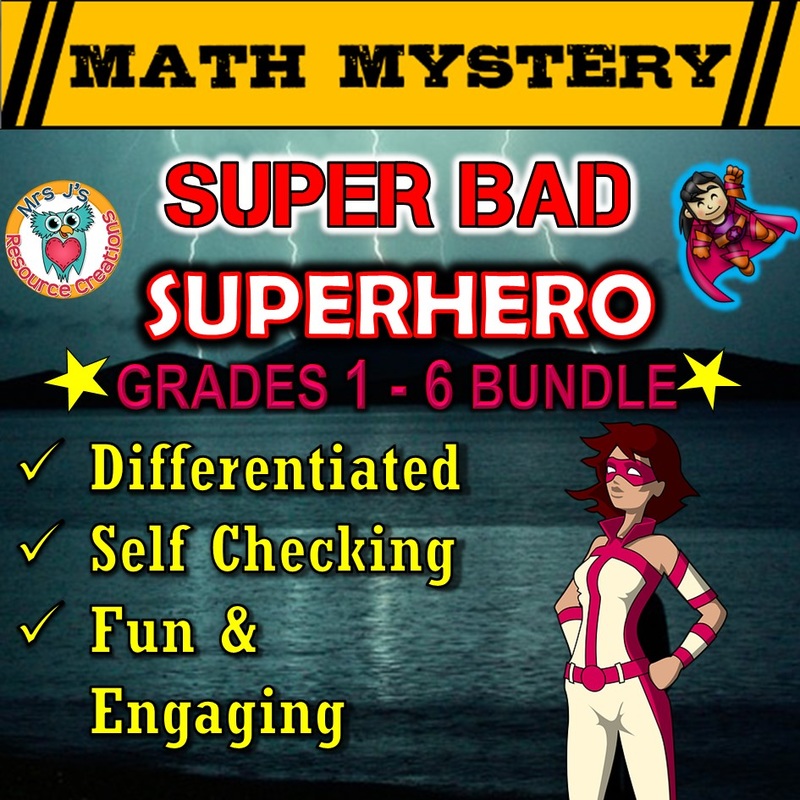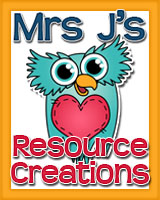- Blog
-
Teacher Resources
- Shop
-
Video Library
-
Math Mystery Video Hooks
>
- Case of the 100 Missing Treats
- Case of The Abducted Alien
- Case of The Alien Apocalypse
- Case of The Angry Adder
- Case of The Bee Bandits
- Case of the Christmas Chaos
- Case of the Construction Crew Conundrum
- Case of the Cursed Classrooms
- Case of The Disappearing Donuts
- Case of The Divided Dragon's Division Review
- Case of the Diwali Delights Dilemma
- Case of The Dream Snatcher
- Case of The Egg Thief
- Case of The Forgetful Pharaoh
- Case of The Furious Falls Winds
- Case of the Giant Goblin
- Case of The Gobbler's Curse
- Case of The Graduation Gremlins
- Case of the Great Zoo Escape
- Case of The Greedy Gnome
- Case of the Halloween Heist
- Case of the Heartbroken Heroes
- Case of the Invisible Illusionist - Integers Math Mystery Activity
- Case of the Jumpy Jack-O-Lanterns Halloween Math Mystery
- Case of The Jungle Joker
- Case of The Kidnapped Groundhog
- Case of The Litterbug
- Case of the Lost Leprechaun
- Case of the Magnificent Growth Mindset
- Case of The Mathattan Meltdown
- Case of Mean Mountain
- Case of The Millennium Bug
- Case of the Mirror Madness
- Case of The Misplaced Pot of Gold
- Case of the Missing Campers
- Case of the Missing Macaw
- Case of The Monster Mix-Up
- Case of the Never-Ending Rain
- Case of the Outback Outlaw
- Case of The Phantom Phoenix
- Case of the Pickpocketing Pirate
- Case of The Poisonous Pizzas
- Case of the Pretzel Puzzle
- Case of The Puzzled Pirate
- Case of the Red Envelope Riddles
- Case of The Robot Robbery
- Case of The Rogue Runner
- Case Of The Rotten Eggs
- Case of The School Invaders
- Case of The Selfish Elf
- Case of The Shogun's Sword
- Case of The Snowman Army
- Case of The Sticky Bank Burglary
- Case of The Super Bad Superhero
- Case of the Thanksgiving Thief
- Case of The Thankless Turkey
- Case of The Time Traveling Troll
- Case of The Tricking Treat
- Case of the Troublesome Trickster
- Case of The Valentine Villain
- Case of the Vanishing Valentines
- Case of The Vengeful Vampire
- Case of The Wacky Wild West
- Case of The Zombie Elves
- Junior Reading Mysteries >
-
Private Eye CSI Literacy Mystery Video Hooks
>
- The Case of the Actor's Accident
- The Case of the Critter Chaos
- The Case of the Devious Duo
- The Case of the Easter Egg Scapade
- The Case of the Grumpy Ghost
- The Case of the Masked Menace
- The Case of the Pilfered Pencils
- The Case of the Reckless Reindeer
- The Case of the Ruined Research
- The Case of the Stolen Surfboard
- The Case of the Turkey Tournament
- The Case of the Wacky Wand
-
Reading Mystery Video Hooks
>
- Burrow Slime
- EGGpocalypse
- Fool's Gold Read Mystery
- Forest Grime - Reading Mystery
- Haunting Hat - Reading Mystery
- Humpty's Fall Reading Mystery
- Knight's Tail
- Poisoned Valentine
- Rescue Rudolph
- Stolen Time
- Teacher Toads - Reading Mystery
- Turkey Trouble!
- Twinkle's Lost Shine
- Which Witch? - Reading Mystery
- Wizard Blizzard
- Math Quest Video Hooks >
-
A-Z Letter Detectives Video Hook
>
- The Case of the Alien's Apples
- The Case of the Banana Bandit
- The Case of the Cat's Cookies
- The Case of the Dragon's Diamonds
- The Case of the Eagle's Eggs
- The Case of the Frog's Flowers
- The Case of the Ghost's Gumballs
- The Case of the Hippo's Hat
- The Case of the Iguana's Ice Cream
- The Case of the Jaguar's Jellybeans
- The Case of the Kangaroo's Kite
- The Case of the Lion's Lollipops
- The Case of the Monster's Map
- The Case of the Ninja's Necklace
- The Case of the Octopus's Oar
- The Case of the Pirate's Pizza
- The Case of the Queen's Quiver
- The Case of the Robot's Rocket
- The Case of the Sloth's Skateboard
- The Case of the Turtle's Toys
- The Case of the Unicorn's Umbrella
- The Case of the Vampire's Violin
- The Case of the Wizard's Wand
- The Case of the X-Hero's X-Ray
- The Case of the Yeti's Yo-Yo
- The Case of the Zebra's Zucchinnis
-
Math Minute Missions
>
- Math Minute Mission Challenge #1
- Math Minute Mission Challenge #2
- Math Minute Mission #3
- Math Minute Mission #4
- Math Minute Mission #5
- Math Minute Mission #6
- Math Minute Mission Challenge #7
- Math Minute Mission #8
- Math Minute Mission #9
- Math Minute Mission #10
- Math Minute Mission #11
- Math Minute Mission #12
- Math Minute Mission #13
- Math Minute Mission #14
- Math Minute Mission #15
- Math Minute Mission #16
- Math Minute Mission #17
- Math Minute Mission #18
- Math Minute Mission #19
- Math Minute Mission #20
- Math Minute Mission #21
- Math Minute Mission #22
- Math Minute Mission #23
- Math Minute Mission #24
- Math Minute Mission #25
- Math Minute Mission #26
- Math Minute Mission #27
- Math Minute Mission #28
- Math Minute Mission #29
- Math Minute Mission #30
- Math Minute Mission #31
- Math Minute Mission #32
- Background Music >
-
Math Mystery Video Hooks
>
- TPT
- About
- Privacy Policy
- Shipping Policy
|
Research over the years discovered that students lost a significant amount of what they learned over the summer school break According to thirteen recent studies the effect of summer break was most detrimental to math computation and spelling (Cooper et al.).
To help your child retain math and spelling skills, you can add some fun learning experiences at home or on vacation to help prevent the summer slide. In this post, I'll outline some ways you can sneak some math, reading, spelling, and comprehension skills to your daily routine without making it feel like a chore or a bore.
It is important to look for opportunities where you can do math, reading, or spelling in your regular everyday tasks. Sneaking it in is ideal! However, if you find yourself struggling to come up with some ideas to keep learning fun and fresh during the holidays, below, I've listed some ideas and resource suggestions you may want to try with your kids.
1. Board Games
Family game night can involve scorekeeping or games that require skills with math and spelling. To name a few, here are my top picks for board games that keep learning alive and fun.
Hungry Hippos with a Math Twist
Number the balls and add up your scores! For more ideas with turning Hungry Hippos into a math game, read this post.
Monopoly
Monopoly is a fantastic math game in itself. With computation being required and financial literacy throughout.
Scrabble
Scrabble is another great addition to your game collection. With spelling, strategy, and point scoring, there is so much educational value in this traditional board game.
2. Cooking
Cooking is such a useful way to show kids how math is applied to an everyday situation. Grab yourself a kids recipe book or some kid-friendly recipes off the Internet and get into the kitchen discussing measurements. I currently love Donna Hay's 'Basics to Brilliance Cookbook for Kids' because it also promotes healthy ways to cook our favorites. In the photo below, we were making her recipe for breakfast cookies.
3. Play Shops or Go to the Grocery Store
Depending on the age of your kids, you could involve them to calculate total bills, unit prices, or change to be received when at the grocery store. If you need to make it simpler for young ones, simulating a 'play shop' at home is another option.
You don't need too many fancy things to set up a home 'shop.' All you need is some play money (or real), some items from your pantry or toy stash, some paper pieces for tags to set prices and you're set to go. While not necessary, you can also invest in some nice shopping role-play toys and items. My kids and I are loving using the Melissa, and Doug Ice Cream and Pizza Shop play sets to practice our math with money. The pizza role-playing is also a fantastic way to introduce fractions in a real-life context. 4. Math & Spelling Online Games & Apps
Make screen time meaningful with educational games and apps. I've made it a rule in my home that iPad game time must be a learning game. There are so many to choose from, free and paid. I've listed some of my favorite go-to websites and apps below.
Vocabulary Spelling City
I loved using the Vocabulary Spelling City website in the classroom too. You can customize spelling lists, then play games to practice spelling the words. With free and premium options, it's worth checking out.
Spelling Fun
Spelling Fun provides interactive digital word searches, Hangman, crosswords, and lots of other spelling games.
Math Playground
Math Playground has so many colorful games in a variety of math skills! Some games are free to play, while others are included with a subscription.
Cool Math Games
Cool Math Games provides loads of games for math and logical thinking.
5. Use Gamified Worksheets to make Homework fun
There's no need to overwhelm your kid/s with boring regular worksheets during the summer break. However, by getting them to commit to a bit of practice before heading outside to play will do wonders for retaining computational, reading, and spelling skills. You can make worksheet practice fun by adding a mystery, project, or adventure twist with these resources. Break up each activity bit by bit over the summer weeks. Set goals or use motivation charts to increase the 'game' feel.
The Math Projects will unleash the business side of your little ones as they see how math is applied in real-life situations. I recommend seeing what sort of business appeals to your kid first - a cafe, a magical bakery or a pet hotel?
6. Create ScrapBooks Or Journals
If you are going on vacation or a field trip, take lots of photos and assign your kids a project to create a scrapbook. They will need to write sentences about their experiences and use the photos to help them tell the story of their adventure. Even if you don't go anywhere for the summer holidays, you could get kids writing by tasking them to create a scrapbook of activities they do daily.
If you prefer not to take photos, assign your kids to do some journal writing. Put a timer on for a few minutes for writing time.
Are there any type of activities you like to do with your kids to keep learning fun during the summer break? I'd love to hear them in the comments section of this post.
0 Comments
Leave a Reply. |
Categories
All
AuthorA 21st century School Teacher, Mother, and Wife. This website uses marketing and tracking technologies. Opting out of this will opt you out of all cookies, except for those needed to run the website. Note that some products may not work as well without tracking cookies. Opt Out of Cookies |
|
TPT Store: Mrs J's Resource Creations
|
Proudly powered by Weebly
- Blog
-
Teacher Resources
- Shop
-
Video Library
-
Math Mystery Video Hooks
>
- Case of the 100 Missing Treats
- Case of The Abducted Alien
- Case of The Alien Apocalypse
- Case of The Angry Adder
- Case of The Bee Bandits
- Case of the Christmas Chaos
- Case of the Construction Crew Conundrum
- Case of the Cursed Classrooms
- Case of The Disappearing Donuts
- Case of The Divided Dragon's Division Review
- Case of the Diwali Delights Dilemma
- Case of The Dream Snatcher
- Case of The Egg Thief
- Case of The Forgetful Pharaoh
- Case of The Furious Falls Winds
- Case of the Giant Goblin
- Case of The Gobbler's Curse
- Case of The Graduation Gremlins
- Case of the Great Zoo Escape
- Case of The Greedy Gnome
- Case of the Halloween Heist
- Case of the Heartbroken Heroes
- Case of the Invisible Illusionist - Integers Math Mystery Activity
- Case of the Jumpy Jack-O-Lanterns Halloween Math Mystery
- Case of The Jungle Joker
- Case of The Kidnapped Groundhog
- Case of The Litterbug
- Case of the Lost Leprechaun
- Case of the Magnificent Growth Mindset
- Case of The Mathattan Meltdown
- Case of Mean Mountain
- Case of The Millennium Bug
- Case of the Mirror Madness
- Case of The Misplaced Pot of Gold
- Case of the Missing Campers
- Case of the Missing Macaw
- Case of The Monster Mix-Up
- Case of the Never-Ending Rain
- Case of the Outback Outlaw
- Case of The Phantom Phoenix
- Case of the Pickpocketing Pirate
- Case of The Poisonous Pizzas
- Case of the Pretzel Puzzle
- Case of The Puzzled Pirate
- Case of the Red Envelope Riddles
- Case of The Robot Robbery
- Case of The Rogue Runner
- Case Of The Rotten Eggs
- Case of The School Invaders
- Case of The Selfish Elf
- Case of The Shogun's Sword
- Case of The Snowman Army
- Case of The Sticky Bank Burglary
- Case of The Super Bad Superhero
- Case of the Thanksgiving Thief
- Case of The Thankless Turkey
- Case of The Time Traveling Troll
- Case of The Tricking Treat
- Case of the Troublesome Trickster
- Case of The Valentine Villain
- Case of the Vanishing Valentines
- Case of The Vengeful Vampire
- Case of The Wacky Wild West
- Case of The Zombie Elves
- Junior Reading Mysteries >
-
Private Eye CSI Literacy Mystery Video Hooks
>
- The Case of the Actor's Accident
- The Case of the Critter Chaos
- The Case of the Devious Duo
- The Case of the Easter Egg Scapade
- The Case of the Grumpy Ghost
- The Case of the Masked Menace
- The Case of the Pilfered Pencils
- The Case of the Reckless Reindeer
- The Case of the Ruined Research
- The Case of the Stolen Surfboard
- The Case of the Turkey Tournament
- The Case of the Wacky Wand
-
Reading Mystery Video Hooks
>
- Burrow Slime
- EGGpocalypse
- Fool's Gold Read Mystery
- Forest Grime - Reading Mystery
- Haunting Hat - Reading Mystery
- Humpty's Fall Reading Mystery
- Knight's Tail
- Poisoned Valentine
- Rescue Rudolph
- Stolen Time
- Teacher Toads - Reading Mystery
- Turkey Trouble!
- Twinkle's Lost Shine
- Which Witch? - Reading Mystery
- Wizard Blizzard
- Math Quest Video Hooks >
-
A-Z Letter Detectives Video Hook
>
- The Case of the Alien's Apples
- The Case of the Banana Bandit
- The Case of the Cat's Cookies
- The Case of the Dragon's Diamonds
- The Case of the Eagle's Eggs
- The Case of the Frog's Flowers
- The Case of the Ghost's Gumballs
- The Case of the Hippo's Hat
- The Case of the Iguana's Ice Cream
- The Case of the Jaguar's Jellybeans
- The Case of the Kangaroo's Kite
- The Case of the Lion's Lollipops
- The Case of the Monster's Map
- The Case of the Ninja's Necklace
- The Case of the Octopus's Oar
- The Case of the Pirate's Pizza
- The Case of the Queen's Quiver
- The Case of the Robot's Rocket
- The Case of the Sloth's Skateboard
- The Case of the Turtle's Toys
- The Case of the Unicorn's Umbrella
- The Case of the Vampire's Violin
- The Case of the Wizard's Wand
- The Case of the X-Hero's X-Ray
- The Case of the Yeti's Yo-Yo
- The Case of the Zebra's Zucchinnis
-
Math Minute Missions
>
- Math Minute Mission Challenge #1
- Math Minute Mission Challenge #2
- Math Minute Mission #3
- Math Minute Mission #4
- Math Minute Mission #5
- Math Minute Mission #6
- Math Minute Mission Challenge #7
- Math Minute Mission #8
- Math Minute Mission #9
- Math Minute Mission #10
- Math Minute Mission #11
- Math Minute Mission #12
- Math Minute Mission #13
- Math Minute Mission #14
- Math Minute Mission #15
- Math Minute Mission #16
- Math Minute Mission #17
- Math Minute Mission #18
- Math Minute Mission #19
- Math Minute Mission #20
- Math Minute Mission #21
- Math Minute Mission #22
- Math Minute Mission #23
- Math Minute Mission #24
- Math Minute Mission #25
- Math Minute Mission #26
- Math Minute Mission #27
- Math Minute Mission #28
- Math Minute Mission #29
- Math Minute Mission #30
- Math Minute Mission #31
- Math Minute Mission #32
- Background Music >
-
Math Mystery Video Hooks
>
- TPT
- About
- Privacy Policy
- Shipping Policy


